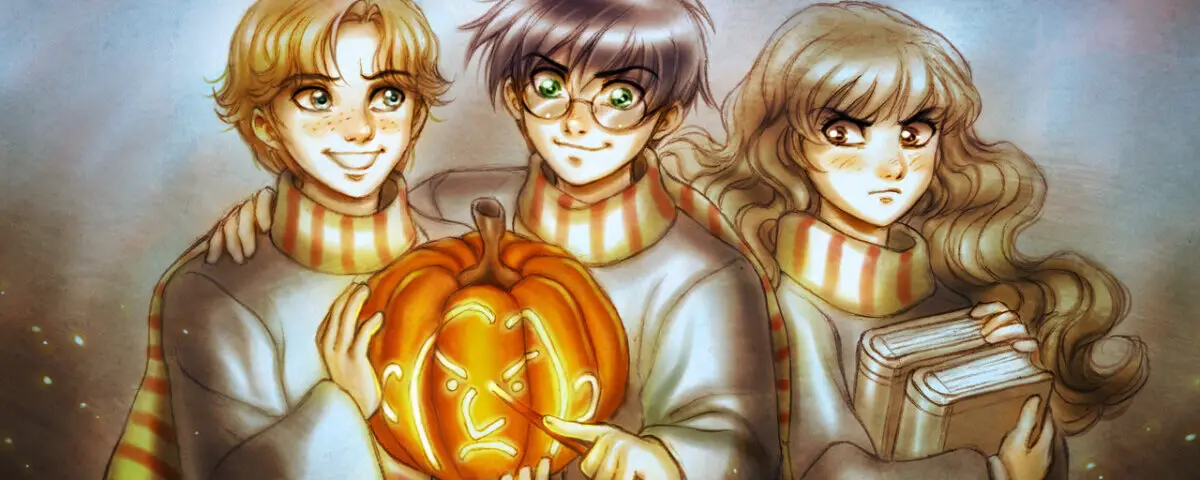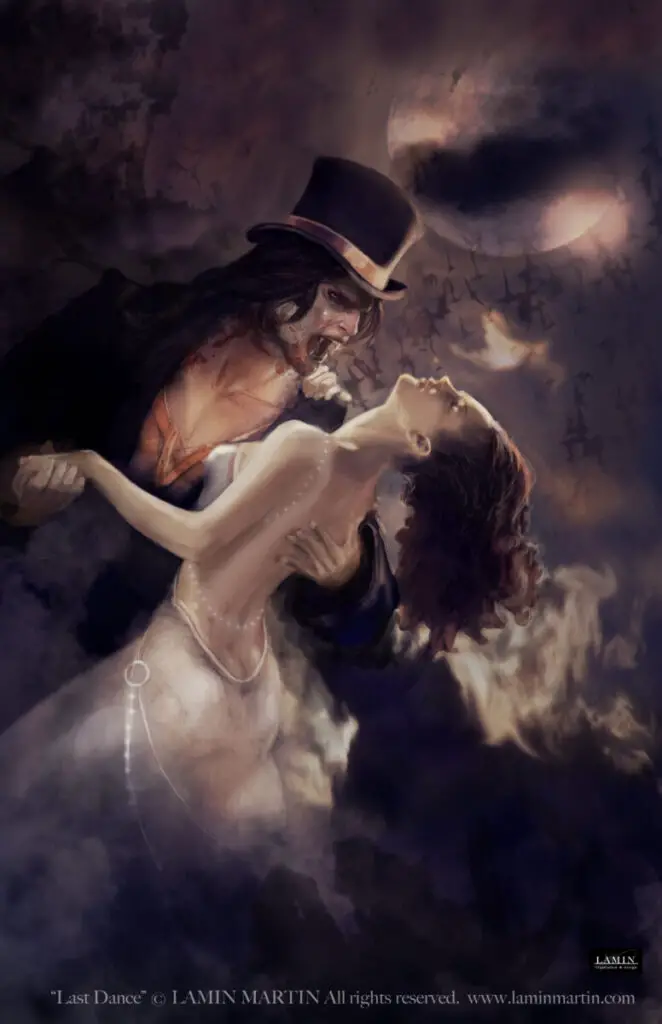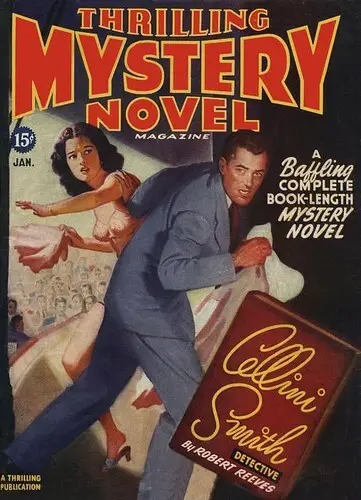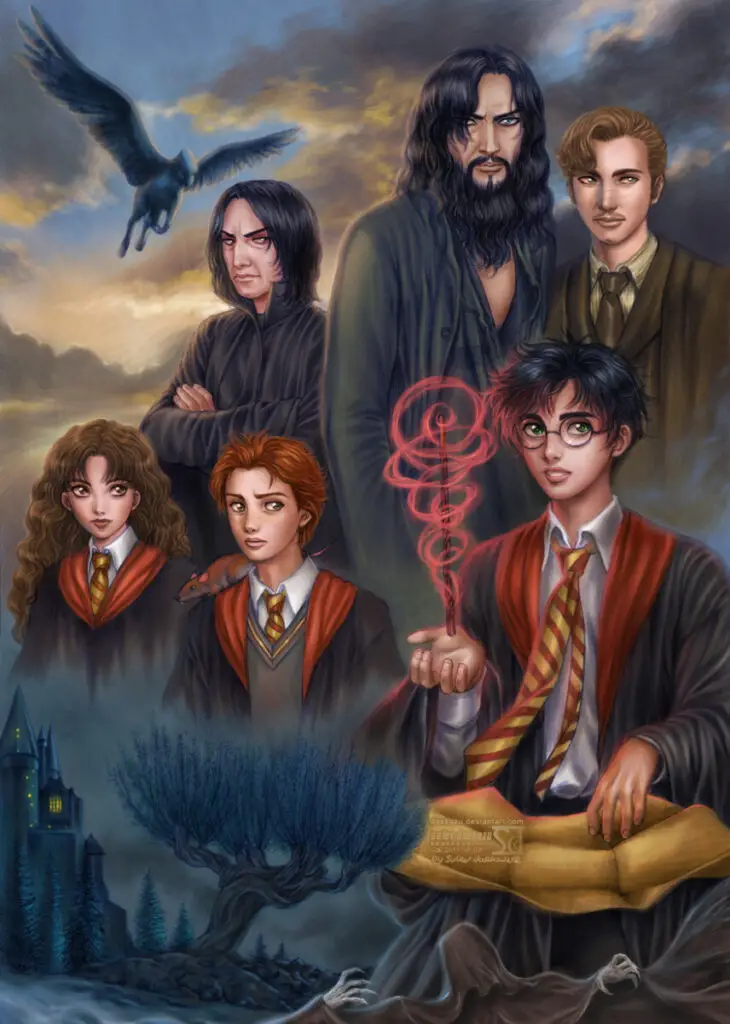Welcome to the world of genre fiction, where every turn of the page transports you to a different reality. Every story in genre fiction holds the power to captivate, entertain, and leave a lasting impact. But with numerous genres to choose from, how do you know which will take you on the journey you crave? Defining genre fiction and listing the main types will help you.
In this comprehensive guide, we get to the heart of genre fiction and answer the question: How to define genre fiction. From understanding the concept to identifying the genre of a book and how it differentiates, we’ve got you covered with the main types of genre listed.
We explore the vast universe of genre fiction and list the main types of genre fiction and define them.
Get ready to take your love of reading to the next level.
Understanding the Concept of Genre Fiction
What is Genre?
Merriam Webster defines Genre as a
category of artistic, musical, or literary composition characterised by a particular style, form, or content.
Genre is a way of broadly defining an artwork based on a series of commonalities with other works.
When it comes to fiction, this usually manifests through a variety of things. It can entail,
- similar plot elements,
- types of characters,
- tone,
- specific tropes or narrative patterns, and
- general length.
In defining genre fiction, note that not every book will adhere to every rule, but it should create a basic roadmap of expectation. Also, writers may deliberately play with genre expectation—stick to some rules while twisting others to surprise readers. Subversions only work when the genre is well defined and readers are aware of the rules.
What are the Characteristics of Genre Fiction?
People tend to pit genre fiction against literary fiction. The idea being, literary fiction is more artistic, and doesn’t have a series of conventions to follow. But literary fiction is itself a genre as well. It just happens to hide its genre elements behind what may seem to be a more mature air. Some might call it snobbishness.
I see Literary as a way to define genres that develop characters and stories over time in a deeper way than genre fiction alone may do. Differentiating them by using the term Literary Thriller Novel, for example, should suggest a book is something more than just a Thriller.
However, there are elements that all genres other than literary fiction have in common. Genre fiction tends to favour more accessible language, appealing to a wider audience. It is generally less about experimenting with language and structure, and more about telling an exciting story. And it tends to be escapist.
Whereas literary fiction tends to focus on characters’ internal lives, genre fiction is about plot and high concepts. This is particularly true in the science-fiction and fantasy categories where fantastical elements abound. But even in more real-world genres such as mystery and romance, satisfying them through familiar and simple plot beats is what appeals to readers.
Why is it Important to Define Genre Fiction?
The reason why defining genre fiction is important is that it gives readers a set of expectations about a book. With everyone overscheduled these days, it can be difficult to fit in time for reading. Because of that, many people want a clear idea of the sort of book they’re getting into.
Defining the genre helps people select what they want to read based on their mood and/or their overall tastes. This, in turn, helps book marketers know how to present the book in the marketplace. Knowing what sort of audience it will appeal to helps publishers focus. For example, there’s no point trying to sell a cosy mystery to a demographic that prefers military sci-fi.
Making Recommendations
In turn, it also helps people make book recommendations to friends. For example, telling a romance reader that a book is a romance will instantly pique their interest. It’s a sort of shorthand that helps make it easier to sell other people on reading it too.
In essence, what genre does is set reader expectations. Someone will know the sort of book they feel like and choose based on what they know of the genre. That is why defining genre fiction is important.
The Main Types of Genre Fiction
There are countless subcategories of genre fiction, as well as hybrid forms. For example, the urban fantasy subgenre of fantasy often crosses over with mystery and romance.
The most popular main categories of genre fiction are:
Romance
Put simply, the romance genre is about two people falling in love. Often, you’ll find barriers placed between that happening. Sometimes that’s in the form of a love triangle. Other times, villains or vampires get in the way, or maybe emotional baggage from the protagonist’s past.
One popular romance convention is enemies-to-lovers. The lovers hate each other on sight but despite the hatred they fall in love, often consummation occurs with a passionate night of lovemaking.
The language can be erotic and stylised, with the emphasis on the emotions rather than the mechanics of sex.
It can even crossover with the Horror genre.
Thriller
A thriller is a story that revolves around suspense and narrative tension. It shares some elements with horror but is less about striking fear and terror, but more about pulse-pounding excitement. Often a thriller is about a crime that is about to happen or being planned. The suspense comes from whether the protagonist is able to avoid it in time.
Like mysteries, thrillers often involve investigations, including clues and red herrings. It’s just that the stakes are higher because the villain is always in danger. There is usually a ticking clock as well. Everything must be resolved before it’s too late.
Mystery
Like thrillers, mysteries also revolve around crime, usually murder. In the case of mystery, however, the crime usually happens at the start of the story.
While the criminal is still at large, they aren’t too much of a danger to others.
The victim may have been murdered due to a specific grievance on the part of the killer against that person.
Mystery often revolves around a genius detective, either police or private, who comes in to solve the case. The popular ones often recur in long series.
They always manage to figure it out when no one else can.
Horror
Horror is a genre with lots of subcategories, but generally it’s about ordinary people being dragged into terrifying situations. The circumstances or villain are paranormal or fantastical. This type of horror crosses over with the fantasy or science-fiction genres. The emphasis is always on over-the-top scary stuff.
More often than not, there’s a monster. In the best horror, it’s a metaphorical manifestation of either the protagonist’s fears or a past wrong they committed. Horror is about provoking a creeping sense of dread in the reader.
Fantasy
As with horror, there are many types of fantasy. Epic fantasy may be set in a completely made-up world with rich histories and magic systems.
Portal fantasy is when an everyday person gets sucked up into a magical world. And there’s urban fantasy, in which there are secret magical elements existing in the real world.
Overall, fantasy tends to focus on a relatable protagonist surrounded by magic. There’s almost always some sort of magical threat that must be vanquished. Fantasy involves acts of heroism and tends to be full of adventures along the way.
Science Fiction
When we define the Science Fiction genre we know it can overlap with fantasy in that each revolves around fantastical elements. As Arthur C. Clarke said,
“Any sufficiently advanced technology is indistinguishable from magic”.
In fact, a lot of science-fiction essentially feels like fantasy, except the magical worlds are different planets and dimensions.
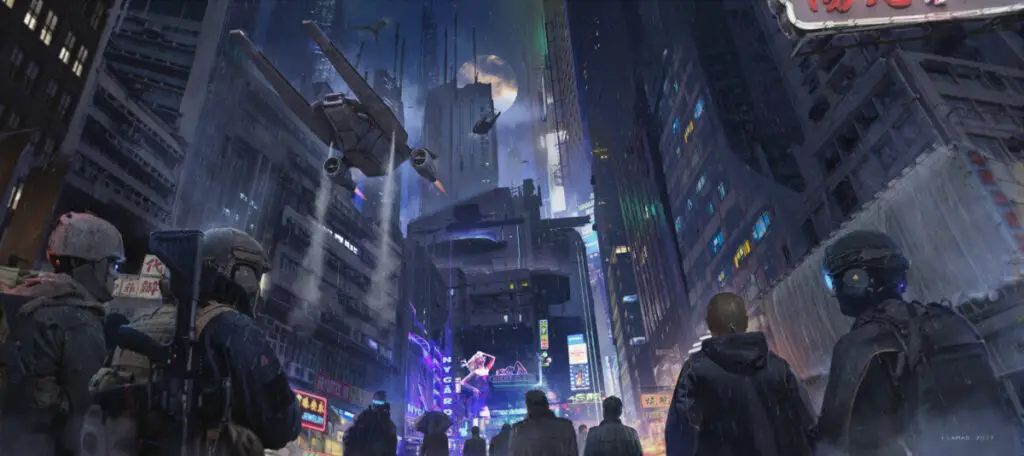
Science Fiction can also be set in the near or far future. It can overlap with thrillers, horror, or any other genre. Overall, however, it usually centres on a unique scientific concept that doesn’t yet exist. But as technology develops we can feel sci-fi getting closer to sci-fact.
Crime
On the face of it, crime fiction has a lot in common with mystery. It tends to centre on a criminal investigation with a detective trying to crack a case against a villain. The main difference is that the criminal’s identity isn’t a mystery to the reader. A lot of times, we’re ahead of the detective.
That’s because the crime genre isn’t about solving a puzzle. It’s more about tracking a war of wills between a capable cop and a brilliant opponent. Sometimes, the story is told from the criminal’s perspective, or the viewpoint shifts between the two.
Historical Fiction
The basic point of historical fiction is to set a story in a certain historic time and place. The idea is for the author to conjure up that era with rich detail and through meticulous research.
When we define historical fiction genre we need to understand the fictional element tends to come in via a fictional protagonist who is inserted into the imaginary world. Sometimes it’s a fictionalised version of a real person. This latter version is seen in such things as the plethora of novels about various wives of Henry VIII.
How to Identify a Book’s Genre
The first things you see are the cover and the title. If they don’t grab you, you probably won’t look inside. And if you don’t look inside you won’t buy the book. It is that simple.
The Cover
A book’s cover should tell you what genre it is. If it has wizards, castles and magical swirls, it’s probably fantasy. If it has spaceships, that’s sci-fi. In other words, if it walks like a duck…
The Title
Titles can be obtuse, confusing, and often tell you nothing until you have read the book. The Great Gatsby could be about a very big sandwich. The Catcher in the Rye could be about a rat catcher in a cornfield.
But in Genre Fiction the title should grab you and say this is what the book is about. The Old Man and the Sea or The Girl on the Train are examples of book titles that are descriptive and say what the book might be about.
The Book’s Description (Blurb)
If it is genre fiction, a book’s description, or blurb as it is known in the trade, should identify it as being in a particular genre. It’s all about identifying the elements and connecting it with the type of genre. And above all it should entice you to look inside. Overly elaborate or artistically clever covers tend to confuse genre seekers.
The Author
If you Google the author, or a title, you should be able to find what sort of stories they tend to write. You will find most published authors’ pages on Amazon KDP. Famous genre fiction authors are instantly slotted into one or other of the genre types. Stephen King – Horror. JK Rowling – Fantasy.
Reviews and Ratings
Reviews in professional newspapers/magazines, as well as Amazon and Good Reads, are a great way to learn about a book.
Final Thoughts
There you have it, the ultimate guide to defining genre fiction and the main types listed. From mystery to romance, fantasy and historical fiction, we’ve explored the main genres that comprise the dynamic world of storytelling.
But our journey doesn’t end here. We hope this guide has inspired you to keep discovering the endless possibilities that genre fiction has to offer. Remember, genre fiction is not just a type of book, but an entire universe waiting to be explored.
So, keep reading, keep exploring, and never stop seeking out new adventures in the world of genre fiction. The possibilities are endless, and the stories waiting to be told are truly epic.
Thank you for joining us on this journey. We can’t wait to see where your love of genre fiction takes you next.
FAQs
Q: What is genre fiction?
A: Genre fiction refers to a category of fiction that is defined by a specific style, form, and content. It’s a way of categorising books based on their common elements, such as setting, theme, and character type.
Q: What are the characteristics of genre fiction?
A: Genre fiction is known for its predictable elements, such as a specific setting, recurring themes, and well-defined character types. It also often follows a specific formula or structure, making it easy for readers to identify the genre of a book.
Q: How do I identify the genre of a book?
A: To identify the genre of a book, you can look at the cover, read the book’s description, research the author, or read reviews and ratings. These are all helpful ways to determine the genre of a book.
Q: What are the types of genre fiction?
A: The most popular types of genre fiction are mystery, romance, horror, fantasy, science fiction, crime/thriller, historical fiction, western, and contemporary fiction. There is a wide variety of genres to choose from, each offering something unique and captivating for readers to enjoy.
Related Posts
Sources
Literary vs Genre Fiction – Diane Callahan – June 30, 2020
The 10 Things Every Romance Novel Needs – Savannah Gilbo
Writing 101: What Is The Thriller Genre? Definitions and Examples of Thriller in Literature – MasterClass – Sept 2, 2022
The 10 Things Every Horror Novel Needs – Savannah Gilbo
11 Archetypal Elements of Fantasy Genre – Austin Carmody
Clarke’s Laws – New Scientist
Elements of Science Fiction – Hannah Yang – August 7, 2022
The Differences Between a Crime, Mystery, and Thriller Novel – David Corbett – March 13, 2019
Elements of Historical Fiction – Ohio State University

